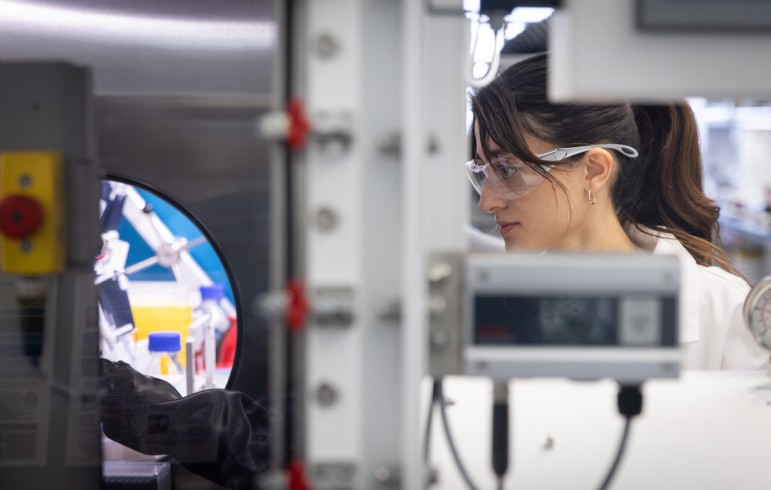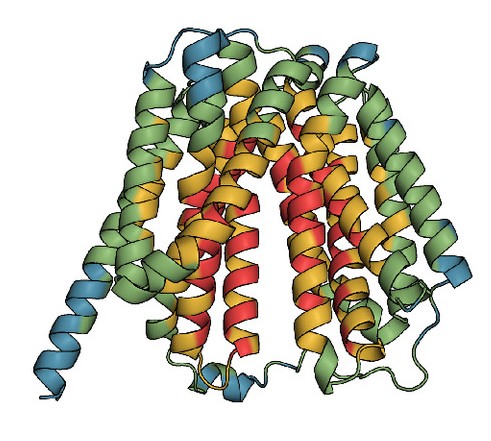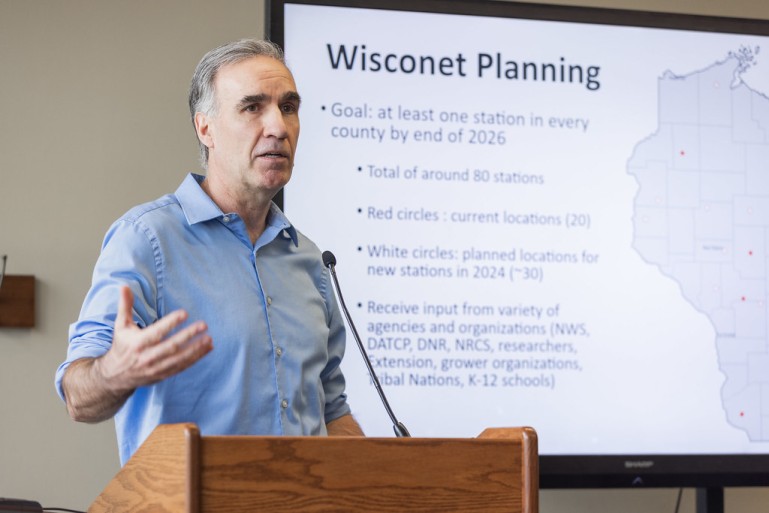The U.S. Department of Energy (DOE) has announced $178 million for bioenergy research to advance sustainable technology breakthroughs that can improve public health, help address climate change, improve food and agricultural production, and create more resilient supply chains.
James Tinjum, an associate professor of civil and environmental engineering and director of the geological engineering program at UW-Madison, is leading a university research team on a multi-institutional effort to expand deployment of geothermal heating and cooling exchanges at government facilities.
UW–Madison junior Marina Kerekes arrived on campus two years ago thinking she’d pursue a pre-law track. But something about it didn’t seem quite right.
Zhou Zhang moved to Indiana in 2013 for graduate study at Purdue University. Her plan was to pursue the potential aerospace applications of remote sensing.
Fang Liu, who began as an assistant professor in materials science and engineering at the University of Wisconsin-Madison in August 2022, hopes her research wi
For clean energy sources like solar or nuclear, molten salt is somewhat of a wonder material. In concentrated solar power plants, for example, the sun’s heat can be stored in the liquid for long periods of time.
How do we choose our path when the tree of life bears more fruit than we can feast on? How can we live without fear that our unchosen, yet still desired, fruits will not wither as we can only harvest a few?



